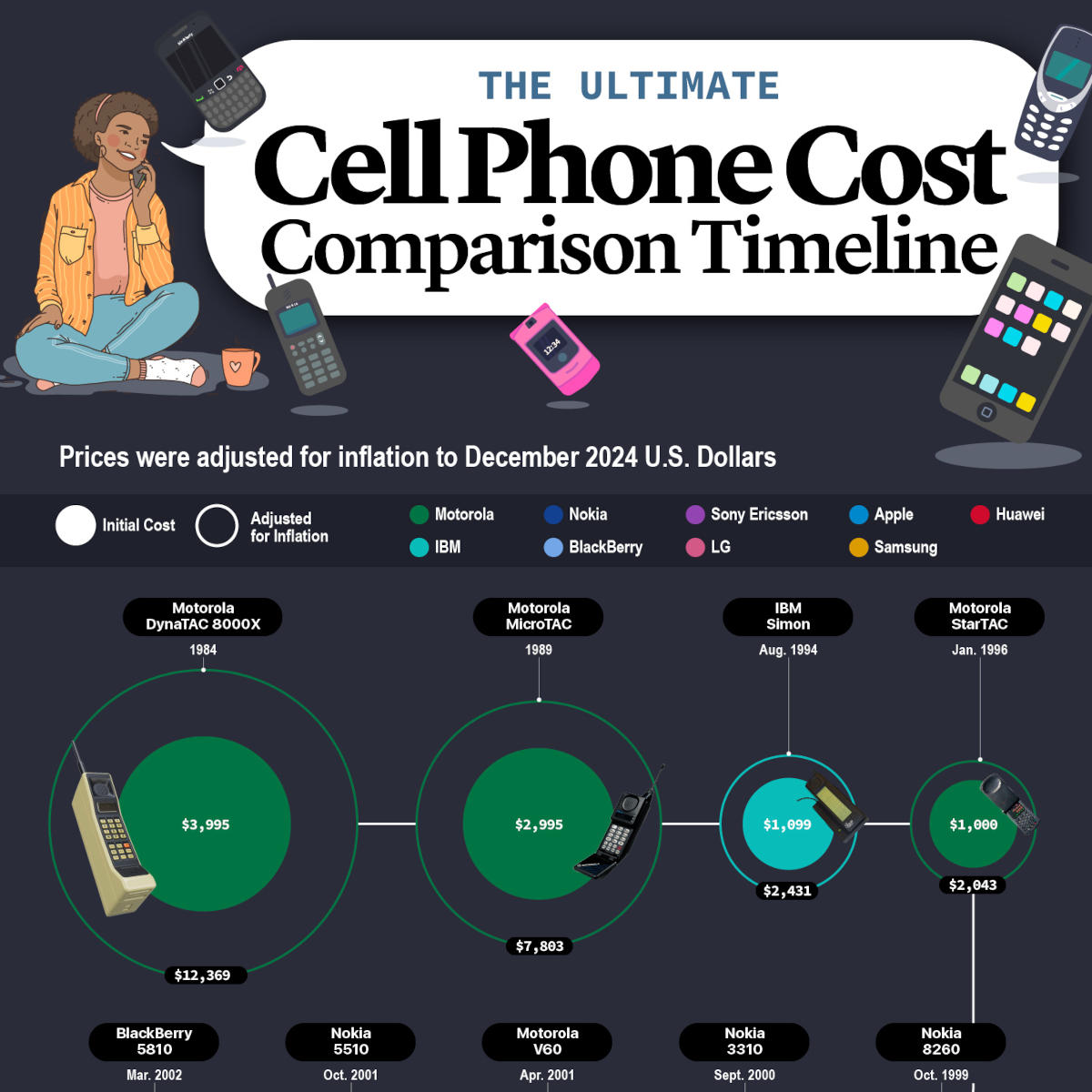What Happens an Hour After Your Cell Phone Is Taken Away

The panic! The mayhem! The unthinkable reality of being without your phone!!
Our phones are intertwined in our lives, our habits and our identities. The results of scientific studies continue to demonstrate just how important phones have become to our daily lives.
The data tells us that three-quarters of phone owners use their phone at least once every hour (11% every few minutes, 41% a few times an hour and 20% once an hour.) The saying “never leave home without it” rings true, as 72% of people stay within 5 feet of their phone at all times. And our phones prompt regular attention, with people checking them on average 150 times throughout their day.

Cell phone use has even been compared to drug or alcohol addiction. After compiling information from several scientific studies, here’s a look at what the first 60 minutes of withdrawal may look like:
First 10 minutes:
- “Extreme tech anxiety”: If you’re like 51% of people, you’ll report experiencing “extreme tech anxiety” when being separated from your phone.
- Acute stress response: Similar to fight or flight, not being able to access your ringing phone causes an acute stress response with an increase in both heart rate and blood pressure.
- Lower cognitive performance: Research shows that phone separation decreases your ability to perform mental tasks during exams and meetings.
- Feelings of isolation and disconnectedness from the lack of access to friends, family and social media audiences.
- Feeling sad, awkward, fidgety and negative.
- Phantom phone syndrome, thinking your phone is ringing when it’s not.
- More anxiety: Anxiety continues to increase if you’re a heavy phone user, but for moderate and light phone users, anxiety levels plateau after 15 minutes.
- Boredom from being without media, music and other apps (a 22% chance).
- Confusion and disorientation without GPS or Google.
- Heightened tech cravings when witnessing other people check their phones. This phenomenon caused by the brain’s “mirror neurons” has also been widely seen in cigarette smokers.
- Acknowledgement of addiction: After experiencing the breadth of psychological and physical withdrawal symptoms, the word “addiction” is widely used to describe the dependence on your cell phone.
While human evolution has shown that it is valuable to have such a strong biological response to seeing a tiger, for example, the response to cell phone withdrawal does not hold the same life-preserving function. If, in just an hour, a dramatic range of physiological and psychological symptoms are demonstrated, something’s not quite right.
In line with the increasing number of recommendations for digital detoxes and technology sabbaticals, spending an hour without a cell phone can offer insight into your own relationship with technology.
Simply copy and paste the code below and you can share this infographic on your site:



